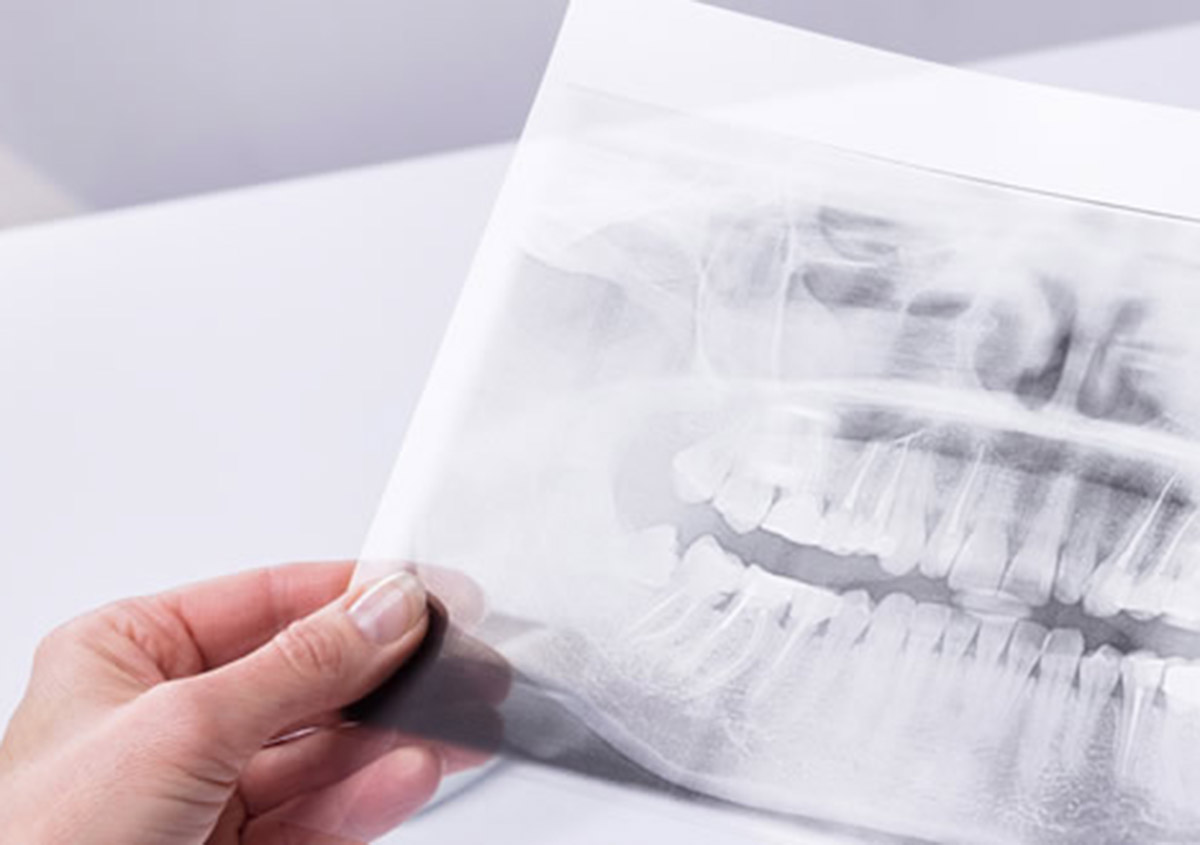
Your wisdom teeth are the third molars located at the back of the mouth. When there isn’t enough room for the wisdom teeth to emerge properly, they become impacted. In most situations, wisdom teeth are the last permanent teeth that we get.
Impacted wisdom teeth can cause a series of problems. First, in many cases they can be painful. They can also cause other dental problems like shifting or damage to other teeth. For some people, impacted wisdom teeth do not cause any symptoms. Still, because of their location they can be hard to clean, thus leaving them more susceptible to decay. In most cases, Dr. Suri recommends removal of impacted wisdom teeth. Even if they aren’t causing any immediate symptoms, this can help prevent future damage.
Symptoms of impacted wisdom teeth
If you experience any of the following signs or symptoms, you may have impacted wisdom teeth:
- Gums that are red, inflamed, bleeding, or sensitive
- Jaw swelling
- Foul mouth odor
- Headaches
- Local pain
If you are experiencing swelling, or pain in the back of the mouth, schedule a visit with your dentist. In many cases, impacted wisdom teeth are discovered during routine x-rays before symptoms are present.
We strive to empower you, to make well-informed decisions about your oral health through individual consultation.
Request an AppointmentWisdom teeth can be impacted in a variety of different ways. The teeth may emerge partially, with only a small portion of the crown visible. In other cases, they may not break through the gum. Wisdom teeth can grow at an angle toward the second molars, the back of the mouth, or even sideways in the jawbone.
If left alone, impacted wisdom teeth can cause pain and damage to adjacent teeth, leaving them more susceptible to infection. Cysts, decay, and gum disease are other potential complications of impacted wisdom teeth.
Wisdom tooth extraction is a common outpatient procedure that is done under local anesthetic and, if desired, nitrous oxide sedation. After removal, you will be sent home with instructions for caring for the area and handling any swelling or pain.
Knowing the symptoms of impacted wisdom teeth and regular dental visits with your Garland, TX dentist can help catch the problem early before it causes damage to the rest of the mouth.














